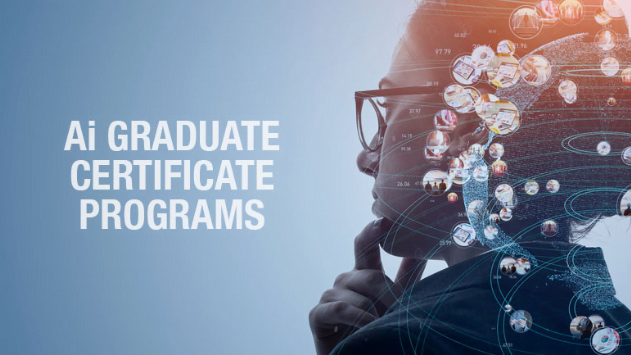Key Features and Specializations
Each program offers unique features and specializations tailored to meet the diverse needs of students interested in pursuing careers in AI. Whether you’re interested in machine learning, NLP, computer vision, or robotics, there’s a program that fits your interests and goals.
Testimonials from Students or Alumni
Hearing from current students or alumni can provide valuable insights into the program’s strengths, weaknesses, and overall experience. Consider reaching out to individuals who have completed or are currently enrolled in the program to learn more about their firsthand experiences.
Develop a Strong Foundation in Mathematics and Programming
Mathematics and programming form the backbone of AI education. Strengthen your skills in areas such as calculus, linear algebra, probability, and programming languages like Python and R to excel in AI coursework and research.
Engage in Hands-On Projects and Internships
Hands-on projects and internships allow you to apply theoretical concepts to real-world problems, gain practical experience, and build a portfolio of projects to showcase to potential employers. Look for opportunities to collaborate with faculty on research projects or intern at companies working on cutting-edge AI technologies.
Build a Professional Network in the AI Community
Networking is essential in the field of AI, providing opportunities for collaboration, mentorship, and career advancement. Attend conferences, seminars, and networking events to connect with industry professionals, researchers, and fellow students passionate about AI.
Stay Updated with the Latest Advancements in AI Technology
AI is a rapidly evolving field, with new breakthroughs and developments emerging regularly. Stay informed about the latest research papers, publications, and advancements in AI technology through online resources, journals, and professional organizations.
Emerging AI Technologies Shaping the Future of Education
Advancements in AI technologies such as personalized learning platforms, intelligent tutoring systems, and AI-driven educational content are transforming the way we teach and learn. These innovations have the potential to enhance the effectiveness and accessibility of AI education worldwide.
Impact of AI on the Delivery of AI Degree Programs
AI is also influencing the delivery of AI degree programs, with the integration of AI-driven tools and platforms to enhance teaching, learning, and student engagement. From AI-powered chatbots to virtual laboratories, institutions are leveraging AI to create immersive and interactive learning experiences.
Predictions for the Evolution of AI Education
Looking ahead, we can expect AI education to become more personalized, adaptive, and accessible, catering to the diverse needs and learning styles of students. As AI technologies continue to advance, we may see the emergence of new interdisciplinary programs and innovative pedagogical approaches to AI education.
Conclusion
As we navigate the ever-changing landscape of AI, pursuing a degree program in AI is not just a means to an end; it’s a journey of discovery, innovation, and transformation. Whether
